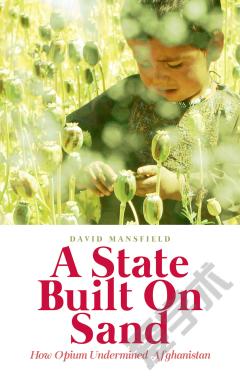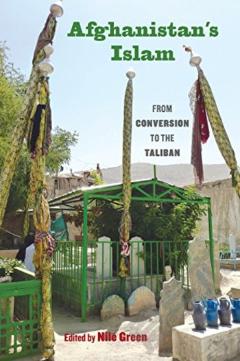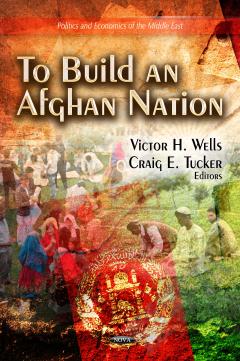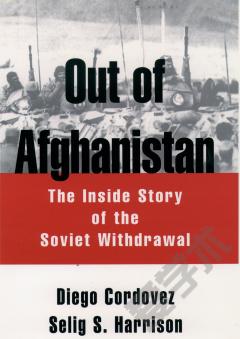A State Built on Sand —— How Opium Undermined Afghanistan
----- 沙土上的国家:鸦片如何破坏阿富汗
Fluctuations in opium poppy cultivation in Afghanistan have long been closely associated with perceptions of state power, such as after the Taliban imposed an almost countrywide ban in 2000-1. The international communityâs subsequent attempts to ban opium poppy cultivation became intimately linked with its state-building project, and rising levels of cultivation were often cited as evidence of failure by those international donors who spearheaded stabilization and development in opium-growing provinces like Helmand, Nangarhar and Kandahar. Mansfield examines why drug control - particularly opium bans - have been imposed in Afghanistan; he documents the actors involved; and scrutinizes how prohibition served quite divergent and sometimes competing interests. Drawing on almost two decades of fieldwork in rural areas, his book charts how these bans impacted on farming communities, how prohibition endured in some areas accompanied by improvements in welfare and stable political settlements, while in others opium production bans undermined livelihoods and destabilized the political order, fueling violence and rural rebellion. Above all this book challenges how we have come to understand political power in rural Afghanistan. Far from being the passive recipients of acts of violence by state and non-state actors, Mansfield highlights the role that rural communities have played in shaping the political terrain, including establishing the conditions under which they could persist with opium production
{{comment.content}}








 京公网安备 11010802027623号
京公网安备 11010802027623号